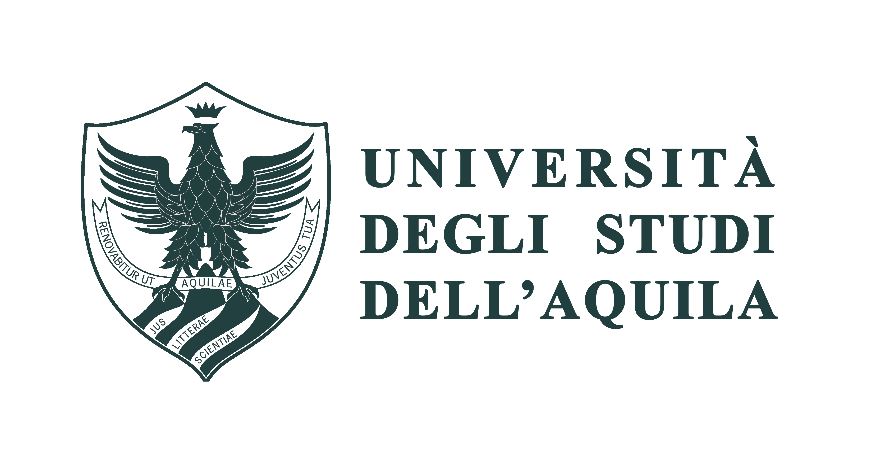Few weeks ago The Guardian published an interesting analysis about the main producers of disposable plastic waste in the world and the data are surprising (perhaps).
Twenty companies, by themeselves, produce over 55% of all disposable plastic waste in the world.
With a dramatic impact on the whole ecosystem.
Who are these companies? And why do they produce more disposable plastic waste than the whole world population?
The Plastic Waste Makers Index lists the companies more responsible for the production of disposable plastic.
We are talking about the production of disposable plastic, not directly about the plastic waste.
But if you consider that only 10 - 15% of all disposable plastic produced is recycled, the production of disposable plastic equals the plastic waste.
At first positions of the list, some of the largest oil and gas companies.
Exxonmobil is the largest polluter of disposable plastic waste in the world, contributing 5.9 million tons of waste. The largest chemical company in the world, Dow, based in the United States, has produced 5.5 million tons of plastic waste while the Chinese oil and gas company, Sinopec, has contributed 5.3 million tons (analysis Minderoo Foundation of Australia).
Eleven of the companies are based in Asia, four in Europe, three in North America, one in Latin America, and one in the Middle East.
But how can these companies operate almost undisturbed?
Basically for three reasons:
The results of 2019 are chilling:
Maybe we can not do much against these giants, but we can adopt plastic free consumption strategies to reduce the demand for disposable plastic, thus discouraging production and supply.
If you want to know more about single-use plastic production, check the website of Minderoo Foundation.


P.IVA/Cod. Fis. 02059040671
Privacy Policy